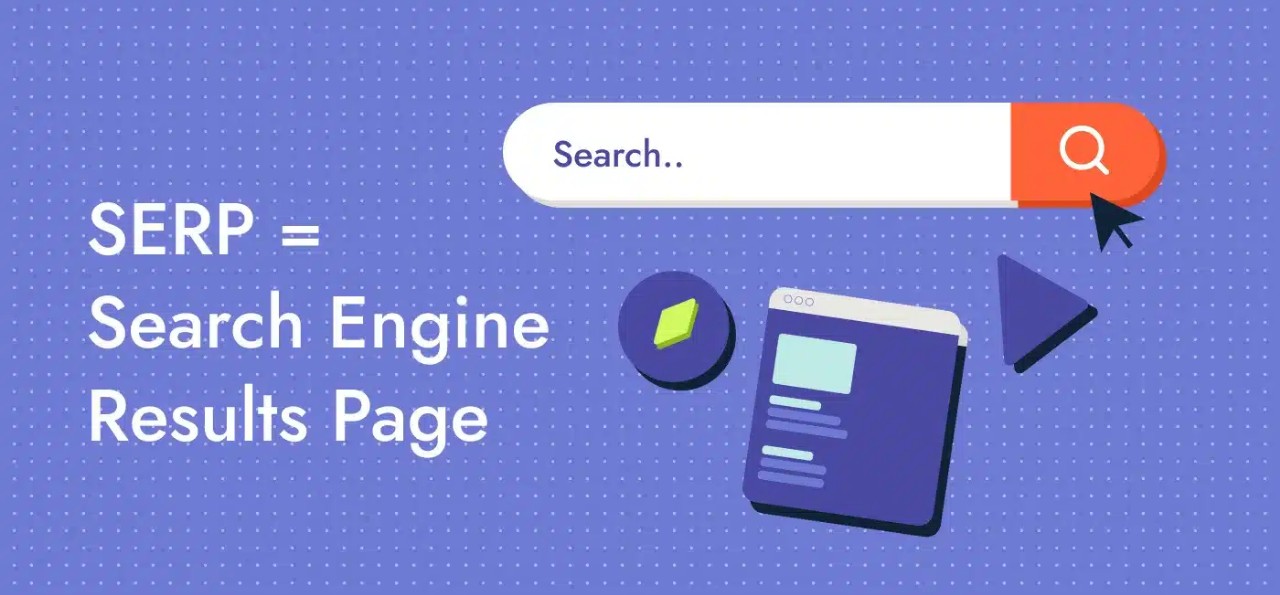Understanding SERP and Why It Matters
SERP stands for Search Engine Results Page—the digital storefront where users first encounter your brand. In 2025, SERPs are no longer just lists of links. They’re dynamic, AI-enhanced landscapes featuring video packs, Reddit threads, AI Overviews, and paid placements. Auditing your brand’s full SERP presence is now essential for visibility, reputation, and conversion.
Key Highlights from the Latest Audit Framework
-
SERP audits go beyond rankings to assess how your brand appears across formats, platforms, and narratives
-
Every result—organic, paid, earned, or user-generated—is a brand impression that shapes perception
-
Google tested over 90 new SERP features in 2024, many now live and reshaping visibility
Audit Essentials: What to Evaluate
1) Brand Mentions
-
- Track owned and third-party content across branded queries
-
- Assess sentiment, accuracy, and relevance
2) Rich Features and Formats
-
- Identify presence in featured snippets, People Also Ask, AI Overviews, and carousels
-
- Spot gaps where competitors dominate
3) Paid and Competitor Overlap
-
- Monitor who’s bidding on your brand terms
-
- Evaluate how paid content affects organic visibility
4) Messaging and Visual Consistency
-
- Ensure titles, descriptions, and sitelinks reflect current brand identity
-
- Flag outdated or fragmented messaging
5) Multiplatform Visibility
-
- Audit presence on Amazon, Pinterest, YouTube, and social media
-
- Check for relevant UGC and creator content
Action Plan
-
Search priority queries in incognito mode
-
Capture full Page 1 results across devices
-
Categorize listings and score for control, freshness, and alignment
-
Identify gaps and optimize content, schema, and PR
Sources: Search Engine Land, GrowByData, SEOteric
